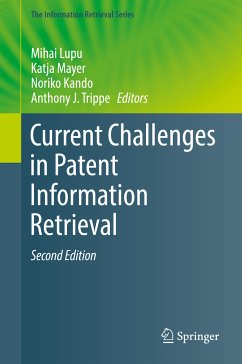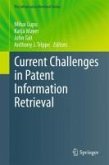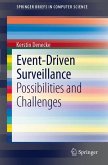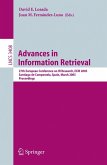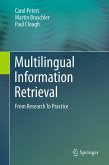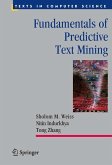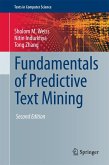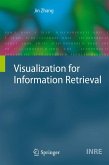The first part "Introduction to Patent Searching" includes two overview chapters on the peculiarities of patent searching and on contemporary search technology respectively, and thus sets the scene for the subsequent parts. The second part on "Evaluating Patent Retrieval" then begins with two chapters dedicated to patent evaluation campaigns, followed by two chapters discussing complementary issues from the perspective of patent searchers and from the perspective of related domains, notably legal search. "High Recall Search" includes four completely new chapters dealing with the issue of finding only the relevant documents in a reasonable time span. The last (and with six papers the largest) part on "Special Topics in Patent Information Retrieval" covers a large spectrum of research in the patent field, from classification and image processing to translation. Lastly, the book is completed by an outlook on open issues and future research.
Several of the chapters have been jointly written by intellectual property and information retrieval experts. However, members of both communities with a background different to that of the primary author have reviewed the chapters, making the book accessible to both the patent search community and to the information retrieval research community. It also not only offers the latest findings for academic researchers, but is also a valuable resource for IP professionals wanting to learn about current IR approaches in the patent domain.
Dieser Download kann aus rechtlichen Gründen nur mit Rechnungsadresse in A, B, BG, CY, CZ, D, DK, EW, E, FIN, F, GR, HR, H, IRL, I, LT, L, LR, M, NL, PL, P, R, S, SLO, SK ausgeliefert werden.

